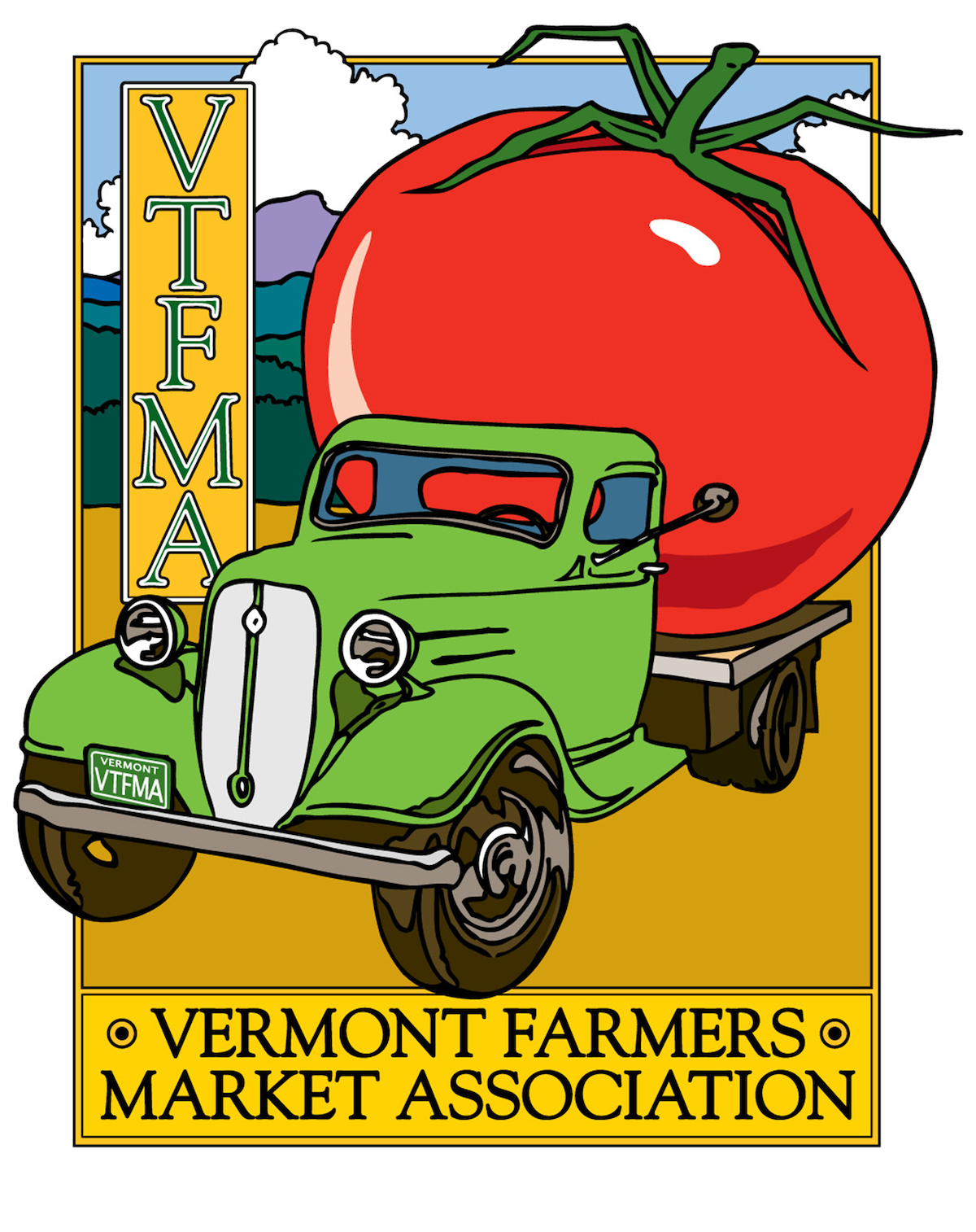Resources for Farmers Market Organizers
Technical Assistance from VTFMA
The Vermont Farmers Market Association (VTFMA) is a program of NOFA-VT. The purpose of the VTFMA is to encourage and establish successful farmers markets in Vermont that enhance direct marketing opportunities for market vendors while building direct connections between vendors and local consumers.
To fulfill this purpose, the VTFMA will collaborate with other organizations to:
- Facilitate communication, information sharing, and networking among farmers markets
- Coordinate projects and provide services of value to all farmers markets in the state
- Collect data and conduct research on the status, needs, and benefits of farmers markets, including the level of outreach to communities to identify how farmers markets support businesses
- Promote farmers markets throughout the state
- Update and publish an annual map of Vermont farmers markets
- Provide training and technical assistance for market vendors, managers and boards
- Create a voice for farmers markets in the state
- Work to increase access to farmers markets for low-income customers
- Develop strategic partnerships with public and private organizations to support farmers' markets
- Pursue other objectives as determined by the membership
- Raise funds as necessary to support the VTFMA's activities and programs.

